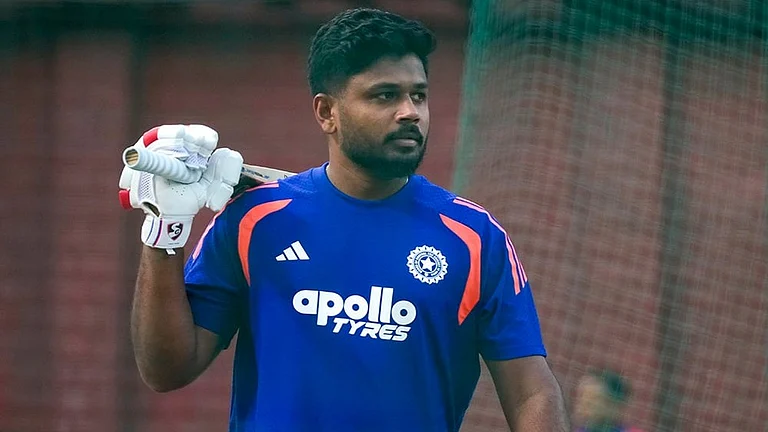The Delhi High Court has voiced its strong disapproval of the failure by doctors and the police to comply with its directives regarding the medical termination of pregnancy for victims of sexual assault. The court, dealing with the case of a minor who sought termination of her 25-week pregnancy after being sexually assaulted, had issued guidelines in January to expedite the process and ensure that the well-being of minors is not compromised, PTI reported.
Justice Swarana Kanta Sharma emphasized the urgency of the situation, noting that every moment of such pregnancies, resulting from sexual assault, is emotionally traumatic and detrimental to the victim's psychological and physical health. The court addressed the case of a 16-year-old girl seeking termination beyond the permissible limit of 24 weeks and stated that authorities must take such lapses seriously due to their potential adverse effects on the victim's well-being and life.
In the case presented, the court learned that doctors at Guru Teg Bahadur (GTB) Hospital had declined to offer an opinion on the medical termination of pregnancy without a judicial order. This, the court found, was in clear violation of its January directives, which required hospitals and doctors to provide a medical opinion in such cases.
Expressing displeasure at the apparent non-compliance with its guidelines, the court directed that the minor victim be examined by a medical board at GTB Hospital and that necessary arrangements be made for the termination procedure, preferably within 24 hours. It further emphasized the preservation of fetal tissue for DNA identification and allocated the expenses for the procedure to the state.
The court also stressed the importance of providing necessary facilities for the child if born alive and mandated the hospital to submit a compliance report within 24 hours of the procedure. Notably, the court chose not to initiate contempt proceedings this time, giving the benefit of the doubt that its previous directions may not have been adequately conveyed to relevant authorities.
To ensure better compliance in the future, the court ordered the Delhi police commissioner to circulate its directives among all station house officers and police officials. It also called for the incorporation of relevant information into the training curriculum of the Delhi Police Academy and directed the secretaries of the Ministry of Health and Family Welfare to ensure the circulation of these directions in all government and private hospitals in Delhi.
Additionally, the court instructed the secretary of the Delhi State Legal Service Authority to make the directives available on their website. The court stressed that its directions should be followed not just in words but in spirit and with utmost sensitivity toward the victims of sexual assault, emphasizing the importance of a positive and compassionate approach over indifference and formalities.


























